Honesty is a fundamental value that students need to learn in order to develop into responsible and trustworthy individuals. Activities focusing on this virtue can help kids develop social-emotional intelligence in both a classroom and homeschool setting. These activities not only help students understand the importance of being truthful but also help them build positive character traits and develop good habits. From role-playing scenarios to group discussions, there are plenty of creative and interactive ways to incorporate honest activities into your lessons.
1. All-in-One Lessons
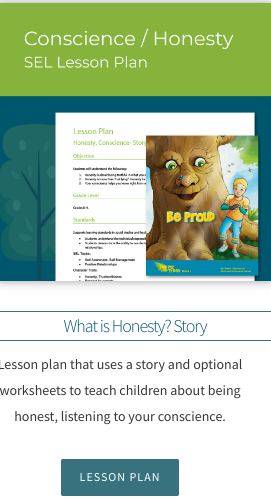
This comprehensive activity pack on honesty includes interactive presentations, engaging worksheets, and thoughtfully designed lesson plans to help kids understand the importance of honesty while building a strong foundation of integrity goals. These activities are designed to be fun and interactive while teaching essential life skills that will benefit learners for years to come.
Learn more: Talking Tree Books
2. Social Skills Cards About Honesty
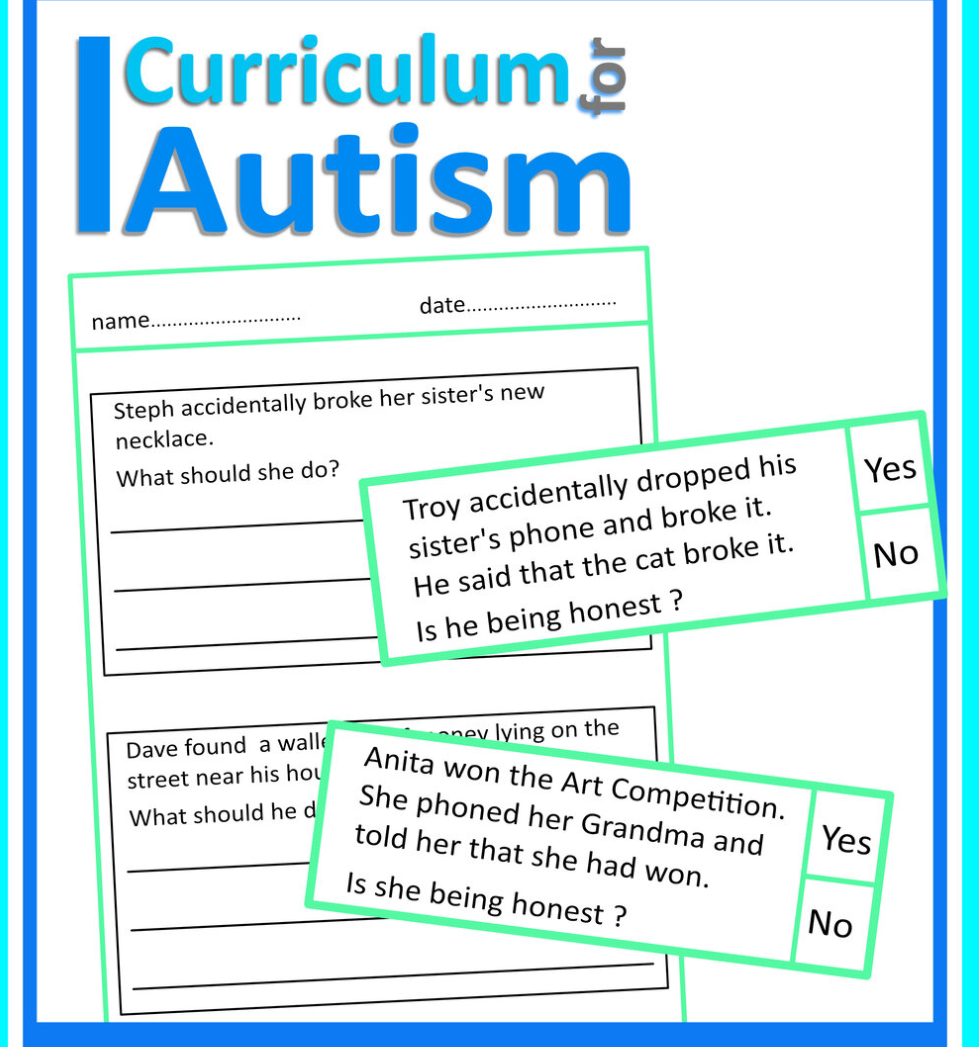
For all students, especially those with autism and special needs, these social skills cards and honesty worksheets make a valuable resource. The Yes or No format of the cards provides a clear and straightforward way for students to learn about honesty, while the accompanying activity sheets offer additional opportunities for practice and reinforcement.
Learn more: Curriculum for Autism
3. The Ant Hill Fable
This tale highlights the importance of honesty and the potential dangers of lying (or obscuring the truth) for kids. The story is set in an anthill where one ant’s dishonest behavior creates significant problems for the entire community. Enhanced by an engaging narrative, this fable teaches valuable lessons about the benefits of honesty and the consequences of deceit.
Learn more: Smile and Learn – English
4. Talking about Character Strength
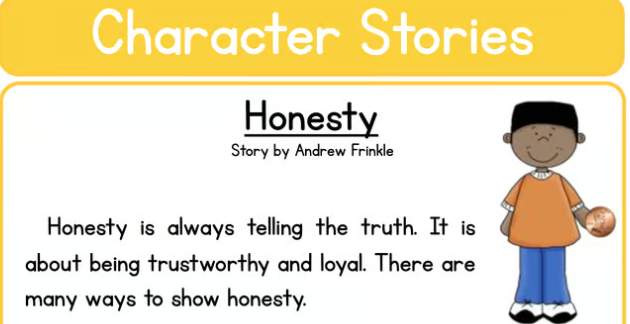
By reading about how to be an honest friend, your students can enhance their reading comprehension skills. This worksheet on honesty is designed to help them understand the importance of the meaning of honesty and the impact it can have on their friendships.
Learn more: Have Fun Teaching
5. Exploration of Honesty with 5 Short Stories

Explore the theme of honesty with this collection of five short stories, accompanied by engaging, effective activities that help foster character development in children. These stories provide valuable lessons on the importance of truthfulness and integrity, while the accompanying activities make for an interactive and enjoyable learning experience.
Learn more: Be an Inspirer
6. Treat-tasting Game
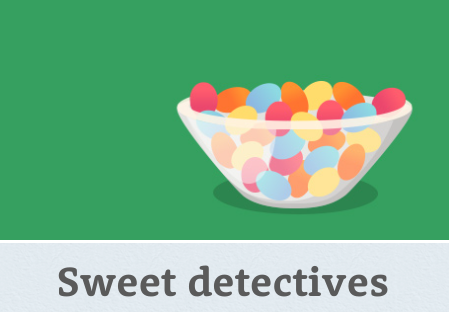
Explore honesty with a treat-tasting game. Participants learn that lying goes against honesty and that all their actions are visible to others. Set up a table with treats and have one person sample them while the others wait. Then, have them guess which treat was tasted and note any lies. Take turns until everyone has a chance to sample.
Learn more: Kids of Integrity
7. The Coal Thief

This children’s book tells the story of a young boy who learns the consequences of stealing coal for his family’s fire during a harsh winter. The tale offers valuable lessons on honesty, forgiveness, and empathy for children.
Learn more: Storyline Online
8. Honesty Word Web
Create a word web for honesty with your class! Encourage students to work together and brainstorm words and ideas related to integrity and truth to create a visual word web that enhances their understanding of this important concept.
Learn more: Connect With Kids
9. Superhero Honesty
Watch this short, animated, and engaging video to discover an explanation of honesty and find out which superhero embodies it the most. Kids are sure to have fun deciphering the clues to guess who it is!
Learn more: Jessica Diaz
10. Honesty Coloring Pages
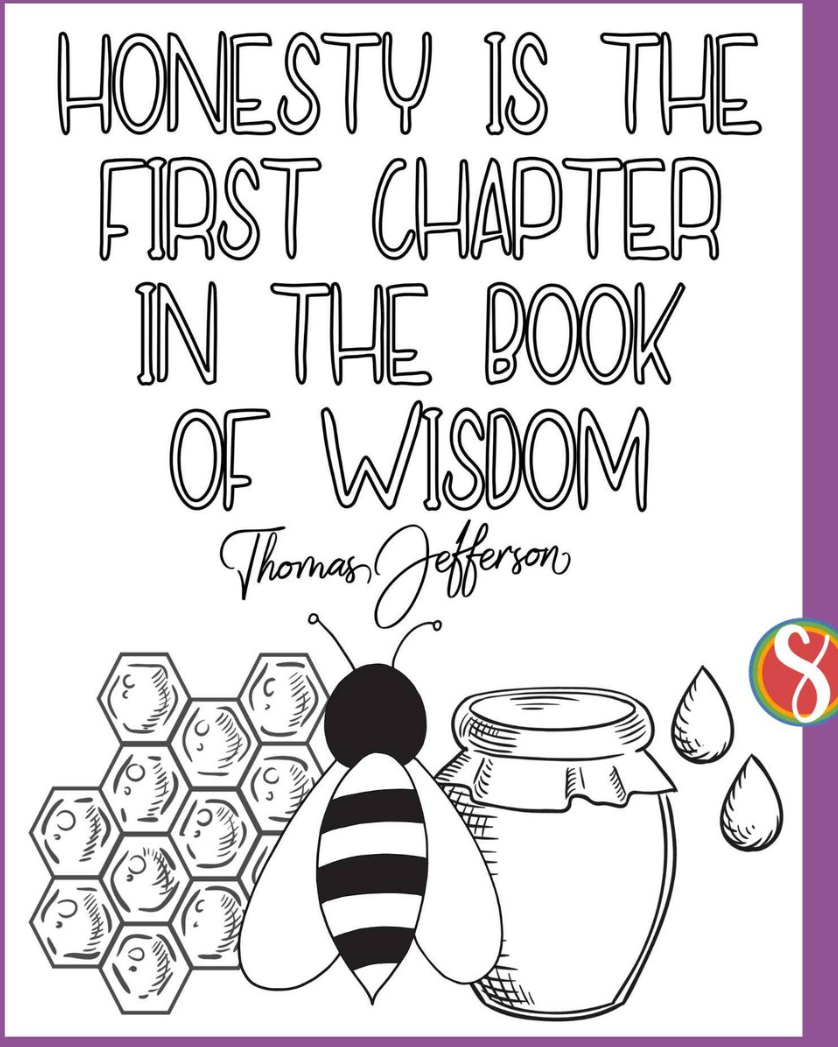
Explore coloring pages with the theme of honesty. These are perfect for teaching children about the importance of truthfulness and integrity. Simply print-and-go!
Learn more: Stevie Doodles
11. Pinocchio Craft
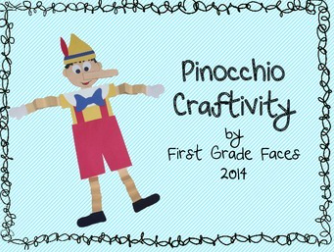
During a fairy tale unit, students can enhance their listening skills and ability to follow instructions by constructing a cute Pinocchio using construction paper, with the teacher guiding them through the creation process.
Learn more: Formerly First-Grade Faces
12. No Prep Activity Packet
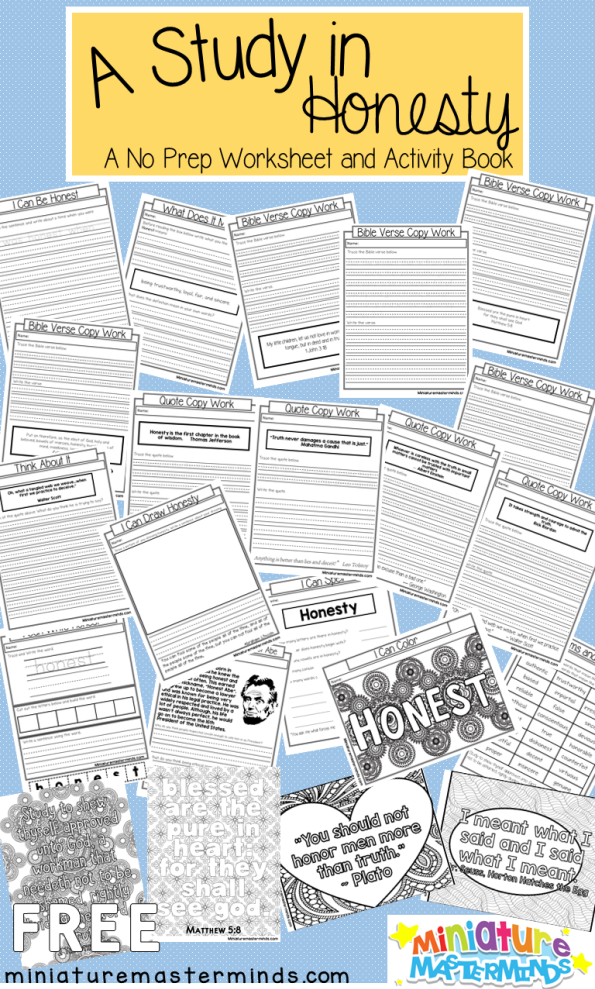
This book presents an opportunity to examine diverse viewpoints through Bible verses and quotes, allowing readers to reflect and express their thoughts in writing. It includes activities such as spelling “Kind”, Bible verse copy-work, quote copy-work, coloring pages, writing pages, and learning synonyms and antonyms for kindness and honesty.
Learn more: Miniature Masterminds
13. Honesty Game
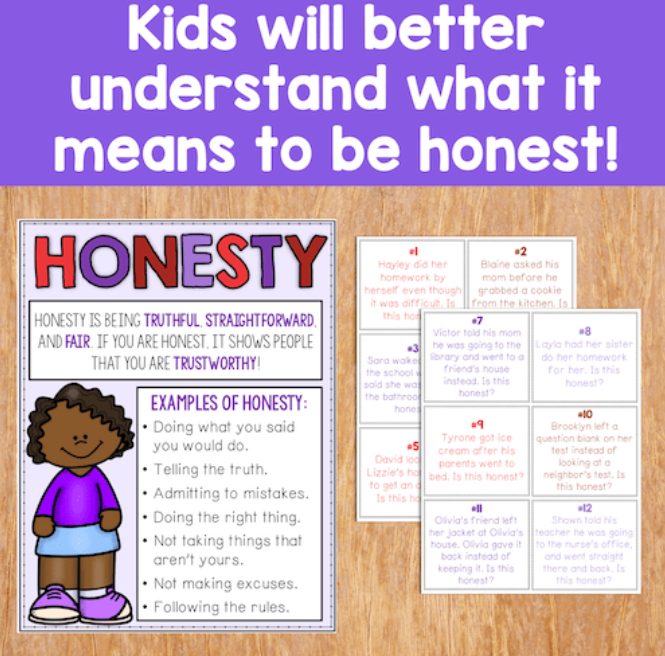
Using a set of scenario cards designed to prompt honest conversations, students will engage in a decision-making activity – choosing whether, to be honest, or not. The answer grid helps users reflect on their responses, while the answer key provides guidance. The poster meanwhile serves as a reminder to prioritize honesty.
Learn more: Counselor Chelsey
14. NYC Honesty Award

Read a heartwarming story about a man experiencing homelessness and a wonderful gift that was bestowed on him. Your students will complete multiple activities related to the story including, comprehension questions, writing activities, and group discussions.
Learn more: Breaking News English
15. Picture Books for K-2
Picture books can effectively teach your K-2 students about honesty. These 5 picture books can help them grasp the concept of honesty and can be accessed by watching the accompanying video.
Learn more: Susan Jones Teaching
16. Interactive Online Games
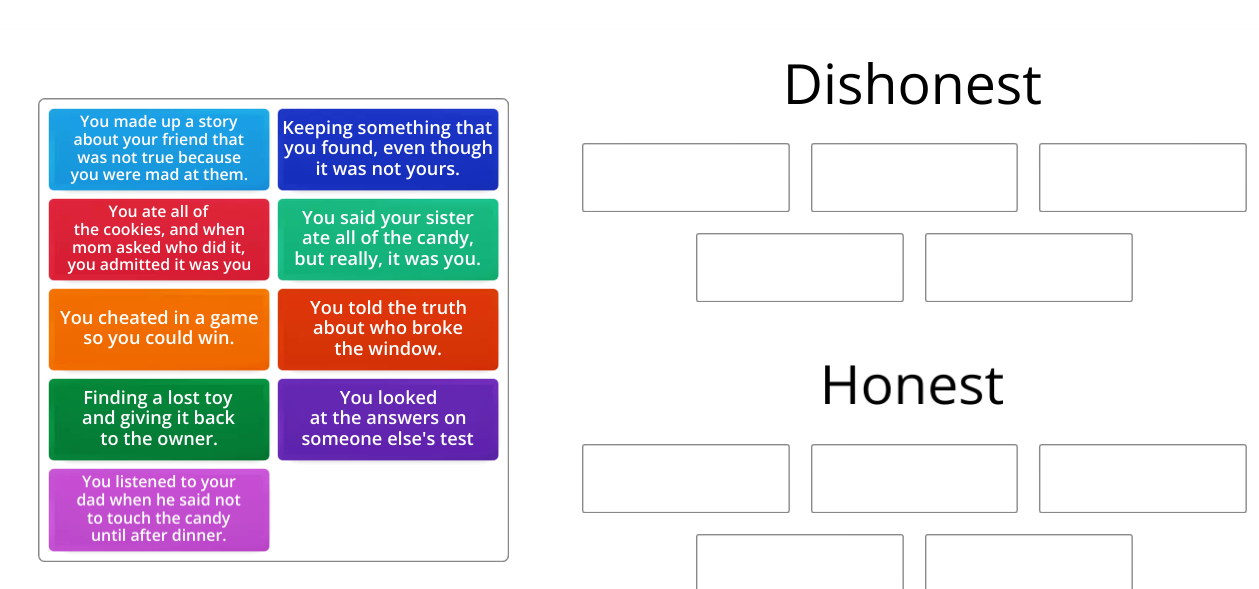
Interactive online games about honesty can be an effective tool for teaching children the value of truthfulness. These games offer engaging and fun ways for kids to develop their moral character while providing a safe and controlled environment for them to practice honesty and integrity.
Learn more: Wordwall
17. Teaching Honesty by Age

From preschool to elementary school, this site features different ways to motivate and guide your child toward honesty, helping them develop their moral character and integrity. Parents can help develop confident kids by sharing their own emotions instead of simply saying “I’m fine.”
Learn more: Parents
18. Skits on Honesty

Encourage adolescents to understand honesty by having them create skits featuring various characters with different honesty-related traits. Use real-life situations to explore the logical consequences of honest behaviors such as truthfulness, deceitfulness, or cheating. Discuss what they learned from their skits, emphasizing the importance of honesty and the negative impacts of dishonest behavior.
Learn more: Synonym
19. What Would They Do?
Motivate students to envision challenging scenarios like encountering someone crying in public. Through role-playing, let them practice responding to a crying individual and discussing different shoppers’ reactions. This activity for children and teens develops empathy and problem-solving skills and explores the importance of honesty at the heart of human interactions.
Learn more: What Would You Do?
20. Read-Aloud About Honesty for Elementary Students
A read-aloud story about honesty can effectively convey the significance of telling the truth. These stories can demonstrate the negative consequences of lying and encourage children to develop integrity in their daily lives.
Learn more: KidTimeStoryTime
21. Examining Four Honesty Articles

Discover four articles that provide practical tips for parents to teach their children the importance of honesty. Learn to create a secure environment for truthfulness, model honesty, use literature to teach integrity, and implement a “No-Shaming Policy.” Encourage a classroom environment of transparency to promote honesty in young learners.
Learn more: Kids Village